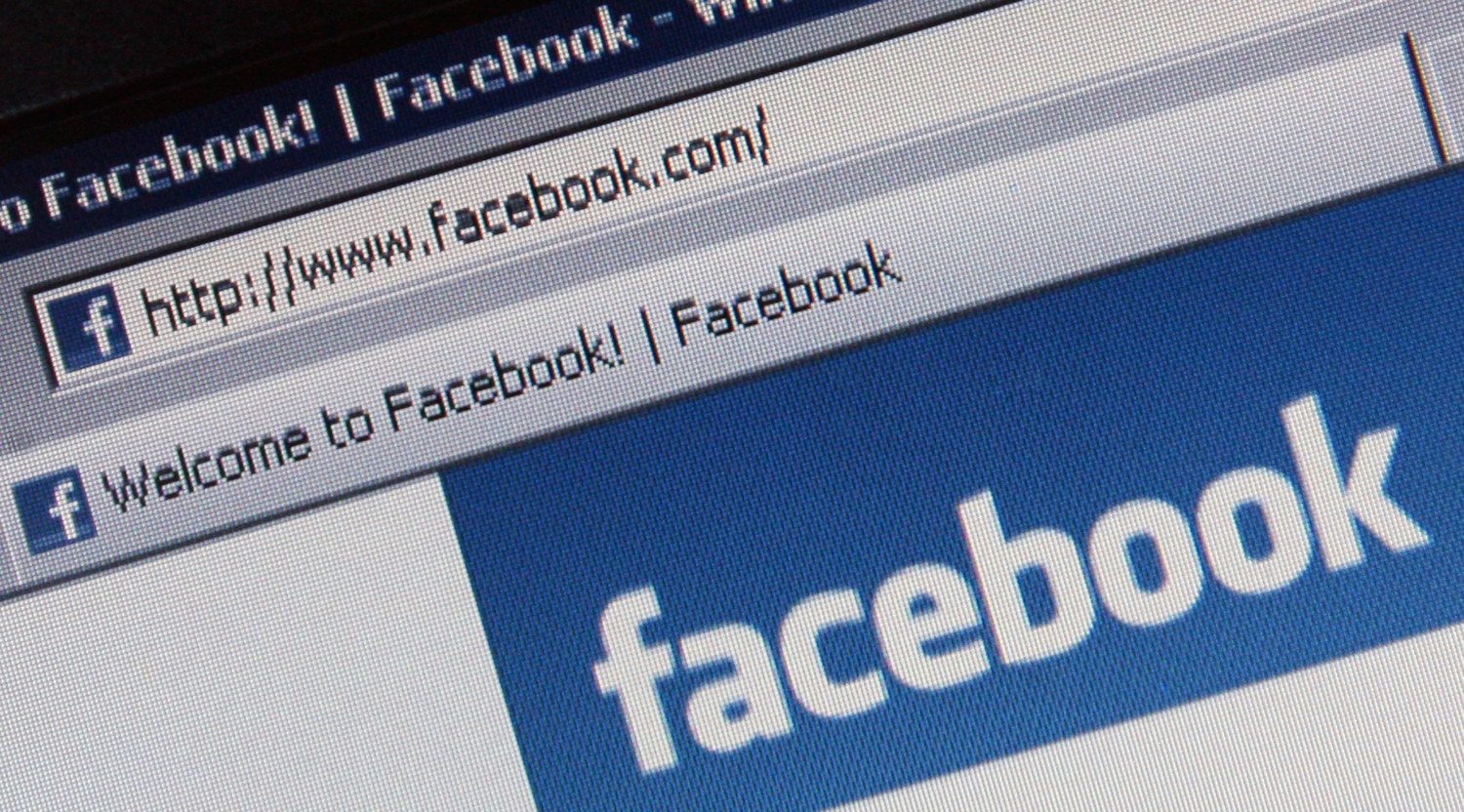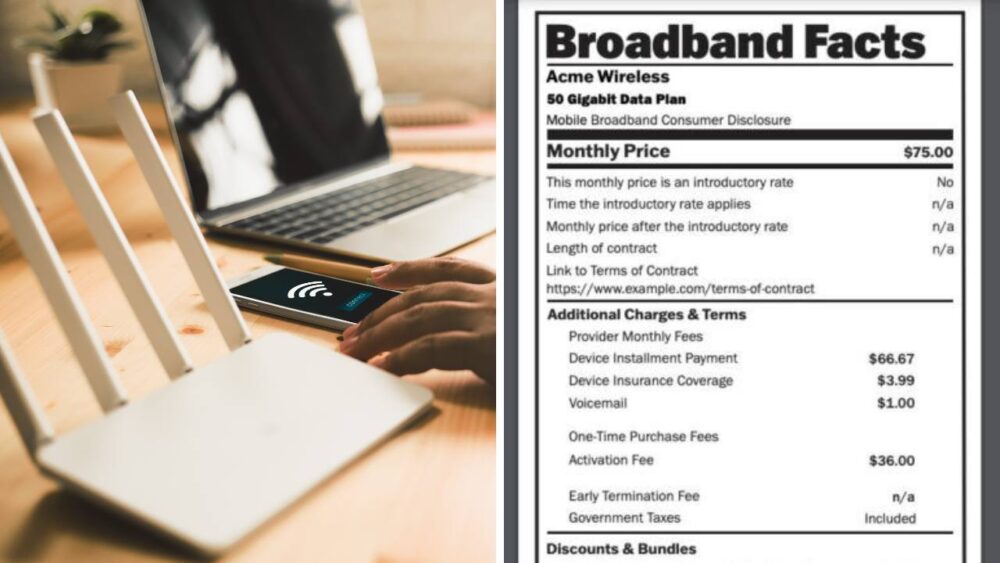How answering Facebook questions could make you vulnerable to hackers

When it comes to what you share on social media, there is no such thing as being too careful. That includes things that might seem innocent and fun — like participating in a poll on your favorite restaurant’s Facebook page.
While it might seem like no big deal (and who knows, you might even get you a gift certificate!), answering a simple question like “What is your favorite pizza topping?” could expose you to hackers. How? It’s simple — these fun little questions about your preferences or life often mirror security questions you use when setting up online accounts.
Telling Questions
What was your first pet’s name? What is the street you grew up on? What is the first car you learned how to drive? What is your favorite color?
As the blog Krebs on Security points out, these innocuous questions you may see from business or “just for fun” Facebook pages are pretty identical to the ones you may use as security questions for, say, your bank or other accounts that store data you don’t want anyone else to have access to.
For example, here’s one that’s a potential privacy question:
The pages in question, like the post above from a page called “Do You Remember When“, likely aren’t thinking about hackers when they ask the question, so don’t go down to your local pet store and accuse them of asking your pet’s name so they can get into your bank account. It’s more likely they mean well and are just looking for social engagement for their page by asking seemingly innocent questions.
It is up to you to make sure you’re protected. Sure, it can be tempting to participate in something that brings back fun memories — like where you met your spouse or what hospital you were born in — but remember if you’re posting it on a public page, your answer is public, too. All it takes is for a smart hacker to take your answer, track down your other accounts — perhaps using your public email address as a username — and access them without your knowledge.
These types of questions are all over Facebook:
Try A Lie
So, what do you do if you just can’t stop participating in these questionnaires? Krebs on Security recommends using a fake answer when choosing your security questions. You can then be truthful in the poll, but if a hacker tries to use the answer, it won’t work for them. Of course, just remember what your fake answer was for your accounts or you’ll get locked out!
While you’re at it, it’s also a good idea to check the privacy of your Facebook account, just to make sure you’re not sharing anything you don’t want to. We’ve got a simple rundown on how to do a check up to make sure you’re in control of what you share.
Now that you’re thinking about it, have you ever given away a potential security question answer in a social media post?







